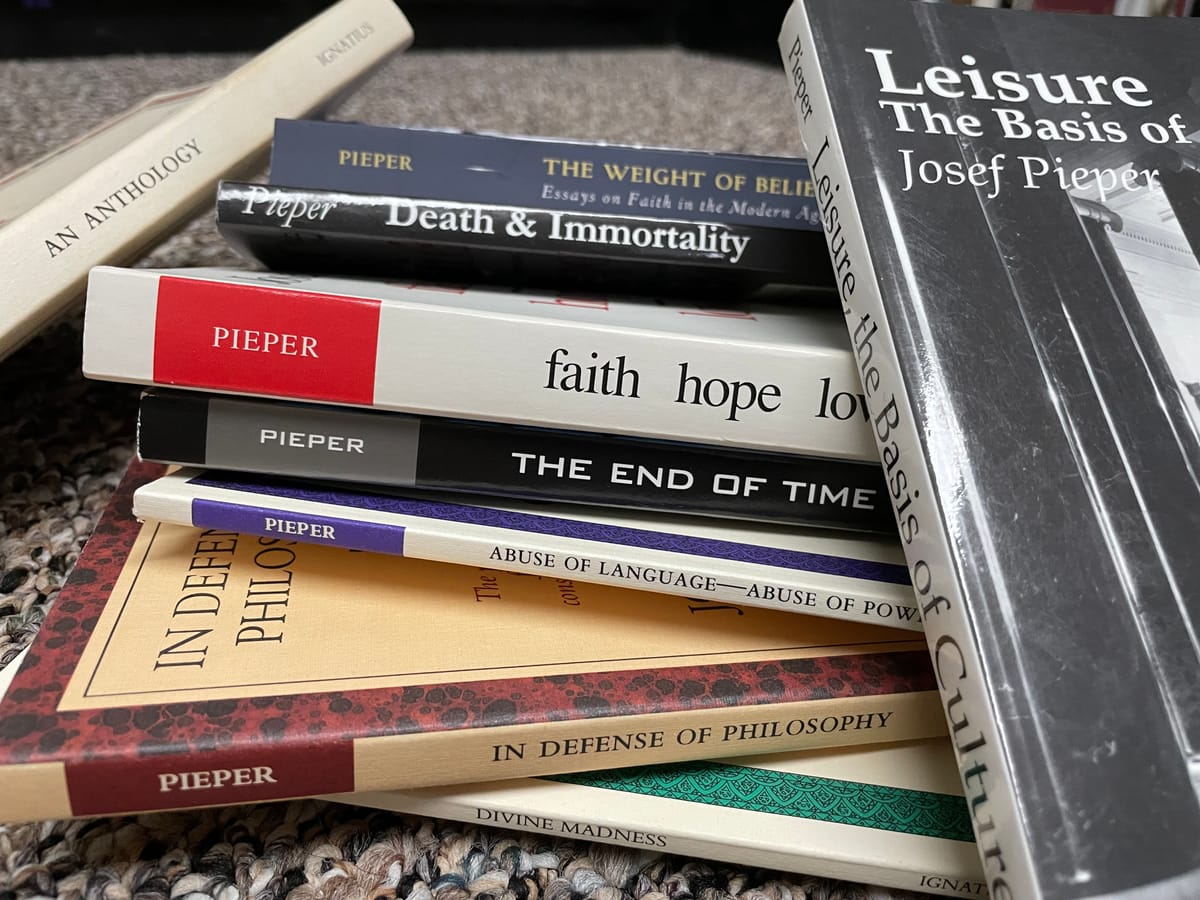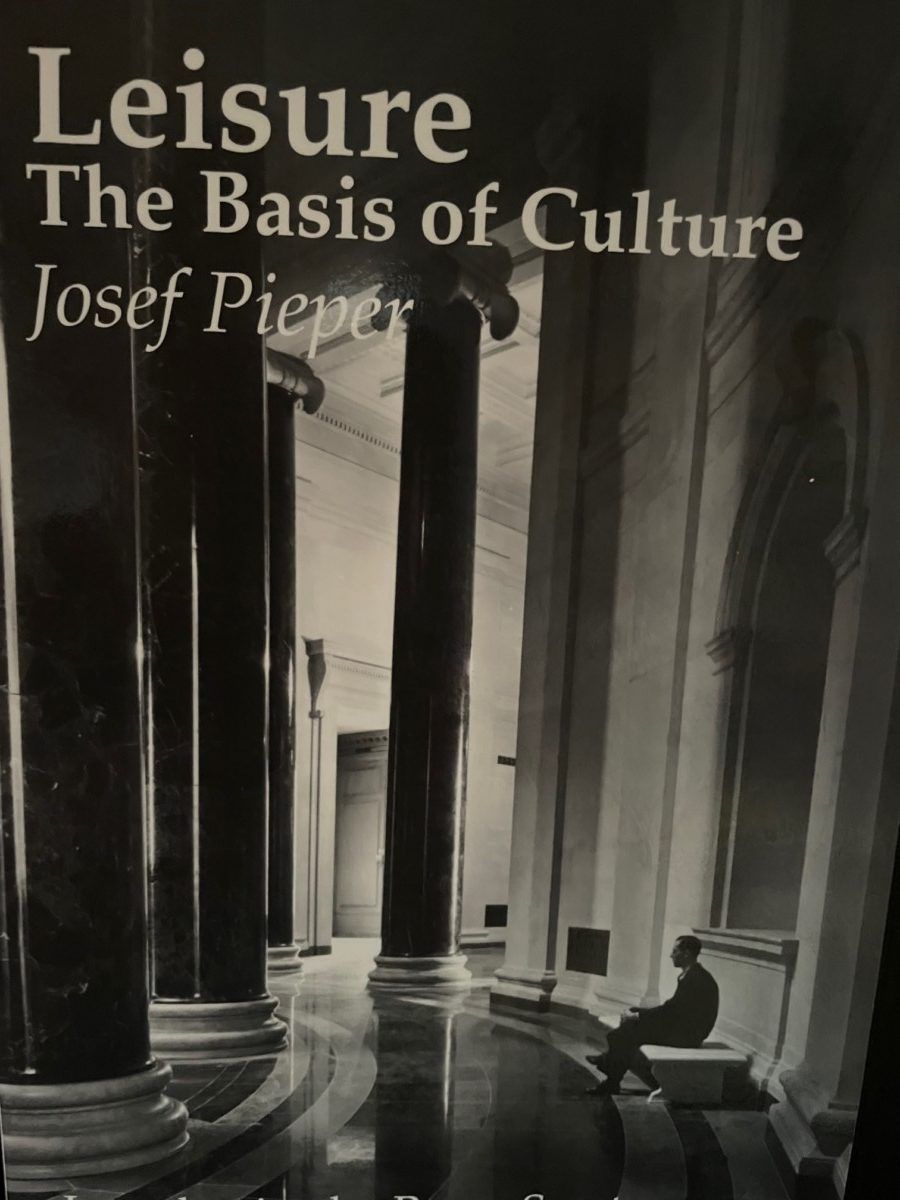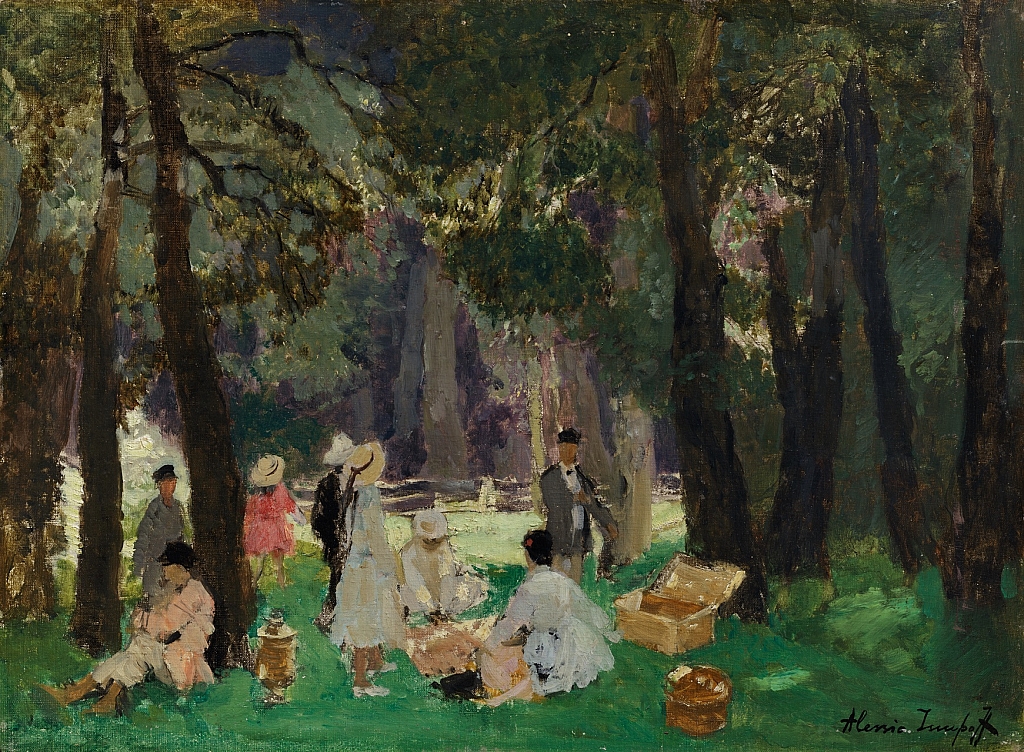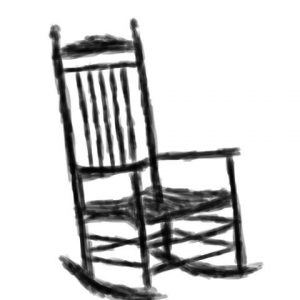Pieper Primer
Christine Norvell at Front Porch Republic


No other author has so immediately affected my perspective on work as Josef Pieper. In my mind, work was separate from the rest of life. Working hours have always been a discrete part of my day since I took my first job as a teenager. Maybe this division is inherent to American culture and how I grew up, but in Pieper’s mind, work is part of our response to the gift of life.
Though published decades ago, German philosopher Josef Pieper’s commentaries on work, leisure, and festivity bring to light two deficits within our culture today—true community relationship and conscious introspection. His works, Leisure: The Basis of Culture (1948) and In Tune with the World: A Theory of Festivity (1965), posit not a solution to our culture’s dis-perspective, but a call to return to a meaningful and fruitful life. If we can’t recognize leisure, then our culture is endangered.
But leisure is a tricky word in the twenty-first century. Is it welcoming visitors at our leisure? Is it reclining on a couch in a leisure suit? Is it being free from work demands? Is it the opposite of work? What kind of leisure is this?
Leisure Is For Work
A weekend away, a vacation, a sick day when we’re not sick—these may be breaks from work but they are not leisure. These pauses or attempts to escape the drudgery of work may not be restful. Pieper describes this view of leisure-as-punctuation as a lack of genuine wealth, being “poor in spirit” without even realizing it. And this mindset can only be repaired by an act of worship that becomes “a store of real wealth that cannot be consumed by the workaday world.” Every day, in fact, can be a feast day, a concept I had never considered before reading Pieper. With true leisure, the worker is not only refreshed from work but for work.
I am convinced that the busyness of our age detracts from our ability to see the worthy work we do, to see ourselves as whole persons. Filling our days does not necessarily lead to fulfillment. When asked what we do, we often respond with a recital of how busy we are, how many urgent tasks we accomplish. This state of mind resonates with Pieper’s perspective that we might be spiritually poor.
There is no leisure that can provide an antidote to such busyness. Pausing from such activity won’t relieve the stress-filled worker. Hence leisure is not the ease of seeking distractions as soon as work is done. It is not restoring our working powers. Leisure begins, rather, from a different view of work. Business psychologist and Yale researcher Amy Wrzesniewski references this broader understanding of work as a life’s vocation in studies like “Jobs, Careers, and Callings: People’s Relations to Their Work” (1997). When people see their work as calling, a broader perspective, they feel enthusiastic, purposeful, and willing to work harder and longer to make a contribution.
Read the rest


